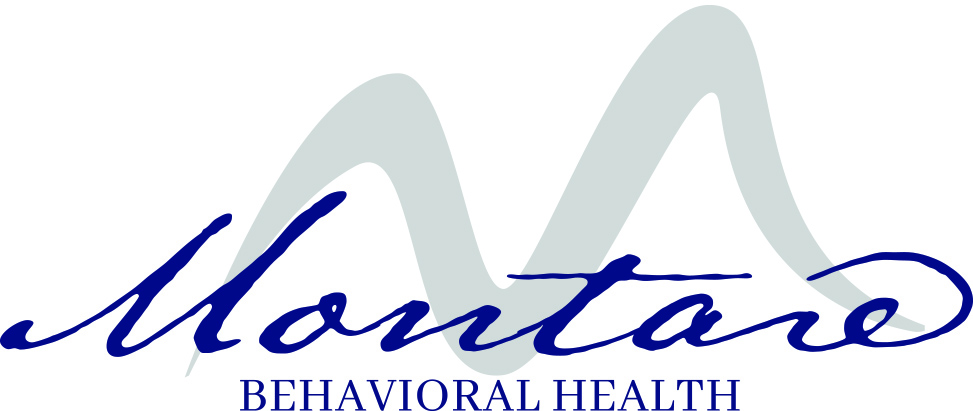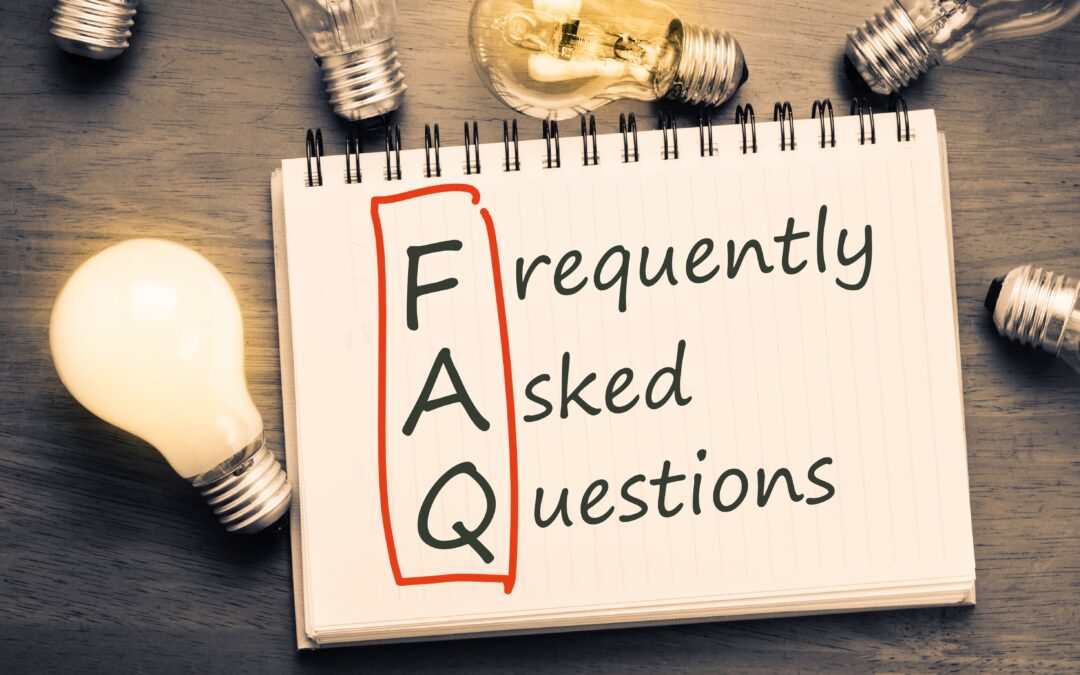If you want to learn more about anxiety, you have come to the right place. In today’s post, we answer some of the most frequently asked questions about anxiety disorders.
What Causes Anxiety?
There is no single, universal cause of anxiety. Several factors, including both internal (genetic) and external (environmental) can influence a person’s risk for developing an anxiety disorder. Examples of these factors include having a family history of mental illness, living with untreated trauma, and being exposed to overwhelming stress.
What is the Definition of Anxiety?
In a mental health context, anxiety refers to excessive fear and worry that can cause disrupted functioning in one or more important areas of life. The fifth edition of the Diagnostic and Statistical Manual of Mental Disorders (DSM-5) contains entries for several anxiety disorders, including the following:
- Generalized anxiety disorder (GAD)
- Social anxiety disorder (social phobia)
- Agoraphobia
- Separation anxiety disorder
- Selective mutism
- Specific phobia
- Panic disorder
How to Tell if Shortness of Breath Is From Anxiety
A sense of choking or being unable to catch one’s breath can be a sign of a panic attack, which is associated with anxiety. Thankfully, panic attacks typically last just a few minutes.
If your shortness of breath occurred for no apparent physical reason, and if it subsides fairly quickly, it may have been anxiety-related.
If it relates to a specific stimulus – such as seeing a spider, being in an enclosed space, or preparing to speak in front of a group of people – and it dissipates when the stimulus is removed, it may also be anxiety-related.
To be sure, any time you experience shortness of breath without an obvious physical cause, you should be assessed by your doctor to ensure you are not dealing with a medical problem.
How to Calm an Anxiety Attack
If you are in the midst of an anxiety attack, here are a few tips for calming yourself:
- Remind yourself that this is an anxiety attack, and that it will be over soon.
- Sit in a comfortable chair so you don’t have to worry about falling if you get lightheaded.
- Pay attention to your environment. Engage all five of your senses. What can you see, hear, smell, taste, and feel?
- Take slow, deep breaths. Inhale through your nose and exhale through your mouth. Close your eyes and focus your full attention on your breathing.
- Call a close friend or trusted family member to talk you through the experience.
Is Anxiety a Disability?
Anxiety disorders may be considered disabilities under the Americans With Disabilities Act (ADA) if a person’s symptoms impact their functioning in one or more important areas of life. An anxiety disorder may also qualify a person for certain disability benefits through the Social Security Administration (SSA), provided the individual meets certain requirements and files the appropriate documentation.
How Long Do Anxiety Attacks Last?
Anxiety attacks or panic attacks typically only last a few minutes. However, during this brief period of time, the individual may experience intense physical and psychological distress, to the point that they may fear they are dying.
Can Anxiety Make You Dizzy?
Yes, dizziness and lightheadedness are characteristics of panic disorder, which is a type of anxiety disorder. Other symptoms of panic disorder include heavy perspiration, elevated body temperature, chest pain, inability to catch one’s breath, and tingling in the hands and feet.
Is Anxiety Hereditary?
Yes, experts believe that certain genetic (hereditary) factors can raise a person’s risk for developing an anxiety disorder. Abuse, neglect, or other adverse experiences during childhood, while not hereditary factors, are other ways that a person’s family can contribute to their development of an anxiety disorder.
Does Vaping or Smoking Cause Anxiety?
According to a critical review in the journal Brain and Behavior, multiple studies have documented an association between smoking and increased symptoms anxiety. Smoking can cause both functional and structural changes in the brain. It can also alter the performance of certain neurotransmitters. These effects may contribute to an intensification of anxiety symptoms.
Does Anxiety Make You Tired?
Anxiety can be exhausting. Depending on which type of anxiety disorder a person has developed, they may endure ongoing emotional distress, which can lead to diminished energy and motivation. They may also struggle with insomnia, which can contribute to persistent fatigue.
Can Dehydration Cause Anxiety?
Yes, dehydration is one of the environmental factors that can lead to anxiety. This underscores the significance of the mind-body connection, and it emphasizes the importance of self-care. Proper hydration may not be enough to eradicate a person’s anxiety symptoms for good, but it can be an essential part of a comprehensive effort to reduce anxiety and improve overall quality of life.
What Types of Treatment Are Available for Anxiety?
Anxiety disorders are often treated with a combination of medication and therapy. The specific medication a person receives and the types of therapy they take part in can vary significantly depending on a host of personal factors.
Also, anxiety treatment may take place in several types of programs, including residential treatment, a partial hospitalization program (PHP), and an intensive outpatient program (IOP).
What Are The Benefits of Seeking Help For Anxiety?
The general benefits of seeking professional help for anxiety are that medication may ease certain symptoms and therapy can help you learn how to better manage your remaining symptoms.
Depending on how you have been impacted by your struggles with anxiety, other potential benefits include:
- Replacing maladaptive thought and behavior patterns with more productive ways of thinking and acting.
- Addressing co-occurring substance abuse or other mental health needs
- Reconnecting with your inherent skills, talents, and strengths
- Becoming an informed self-advocate
- Creating an effective personal support network
Contact Montare at the Valley About Our Anxiety Treatment Options
Montare at the Valley offers personalized care for adults whose lives have been derailed by the symptoms of anxiety disorders and other mental health concerns. At our center in Southern California, you can receive customized services from a team of dedicated professionals in an atmosphere of dignity and respect.
To learn more or to schedule a free assessment, please visit our Contact us page or call us today.


Recent Comments